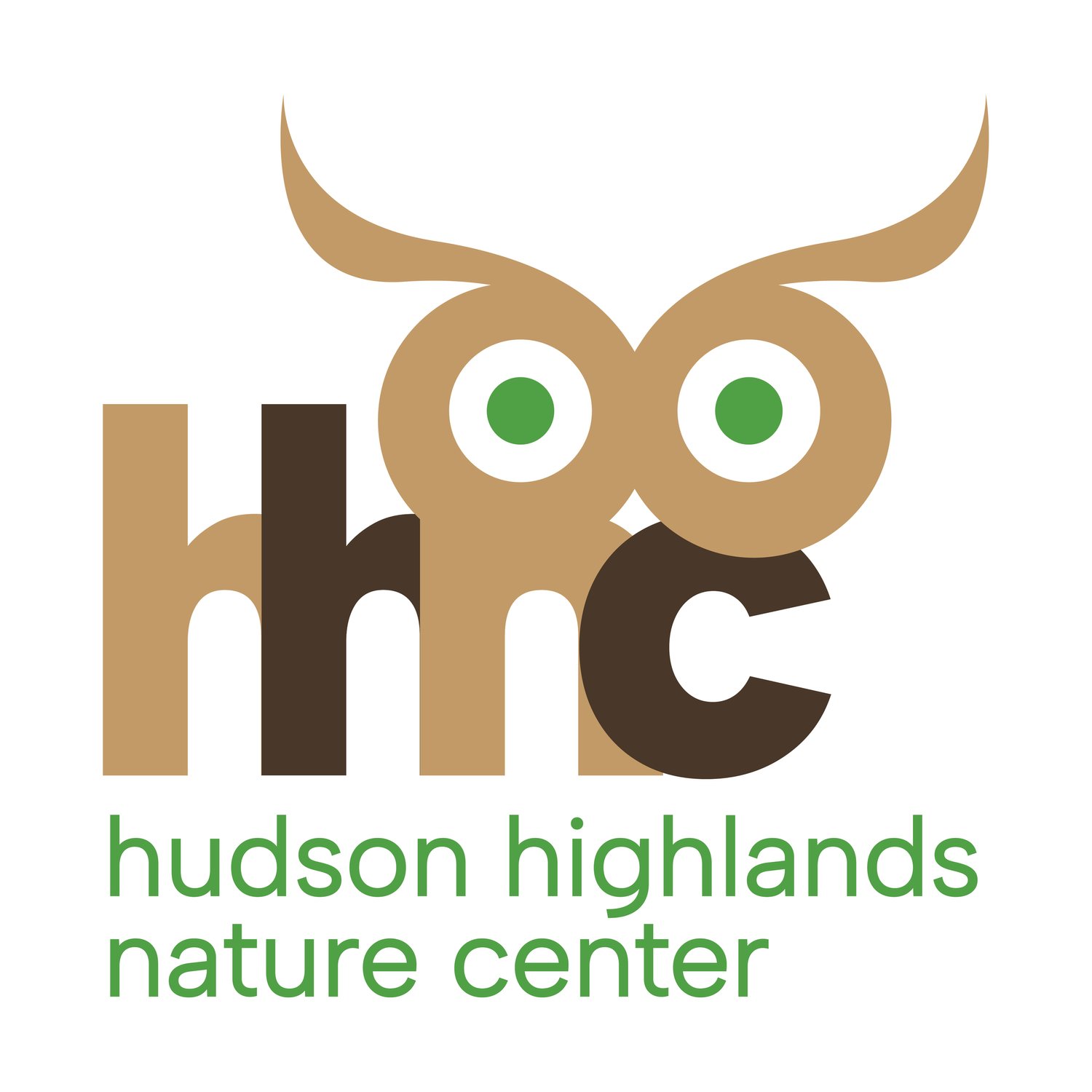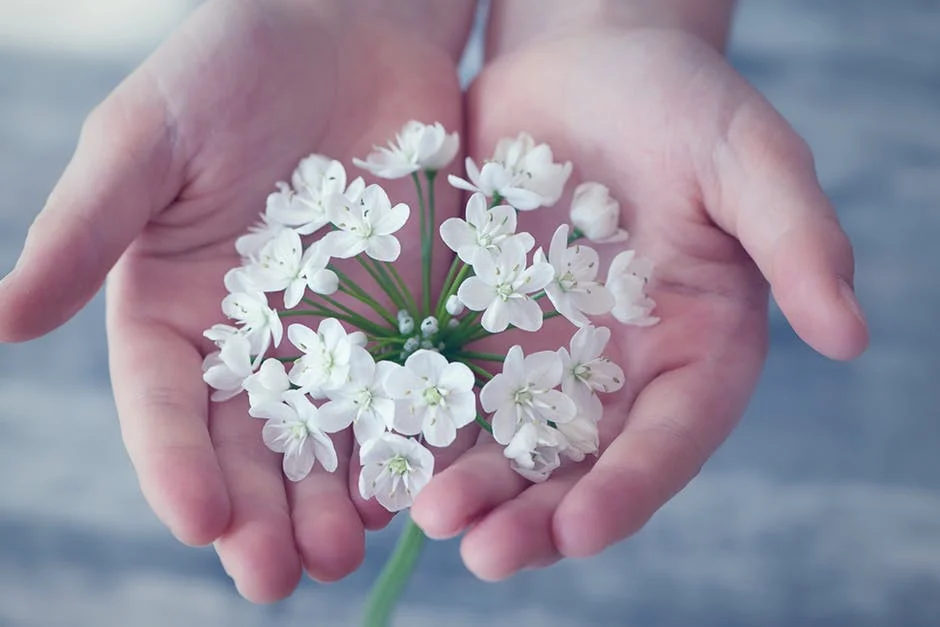On November 11th the Nature Museum will honor a very special group of ten young environmental professionals currently working in the Hudson Valley. They include two farmers, a field biologist, an education director, a trail crew leader, a conservation stewardship manager, an outreach coordinator, a conservation and stewardship director, a director of environmental advocacy and a research manager.
Our Rising Environmental Leaders represent a broad cross section of organizations and programs whose intersecting missions are the long term protection and ecological sustainability of the Hudson Valley region. The ten honorees were selected by their respective organization’s leadership for their impressive early career accomplishments, strong work ethic and future potential as leaders.
The Nature Museum’s terrific group of educators teach respect for, and an understanding of, the natural world and people by integrating outdoor activities and play with age appropriate scientific principles. Our educational philosophy is based on a growing body of research showing that exposure to the outdoors and nature at an early age supports a child’s cognitive, physical, emotional and social development.
We practice what we preach by turning the outdoors and nature into both classroom and playground because it fulfills our mission to develop future generations of environmental stewards, and helps foster healthy resilient children who can master the challenges of life in an increasingly complex world. Also, by honoring this impressive group of Rising Environmental Leaders, we are connecting the dots between our nature based educational approach, and the future life choices our students make as they move into adulthood.
To tease out some of these connections we asked the Rising Environmental Leaders about the key experiences and people that influenced them early in life, and the things that moved them to pursue an environmental career. In almost every case it was some combination of parents, mentors, teachers and direct exposure to nature that connected them to the natural world and fueled their interest in working to protect and sustain planet earth. The following quotes are just a sample of what they told us.
“I had a mentor at a summer camp who shared his knowledge, and especially his love of learning about the natural world. He was a botanist, and he always told us the name of the plant last, after teaching us something else that he thought was more important – why it was growing in that location or how it fits in with the surrounding plant community.”
“My days were spent enjoying a healthy ecosystem and observing the species living in the waters, along the shorelines, and in the nearby forests. This privilege inspired my interest in environmental law from elementary school until late high school.”
“I attribute [my love of the natural world] to the people in my life at an early age that guided my appreciation for the natural world. My family laid the foundation for my initial interest and my mentors fostered that foundation to help shape it into what it is today.”
“The experiences that most piqued my interest in natural sciences took place in the wooded backyard of my childhood in North Carolina. There, I took solo walks in the woods, scrambling on rocks, investigating mosses, and watching trees change each season. Nature was my after-school classroom, and this small patch of woods filled me with curiosity and wonder. Those experiences---both large and small-scale---remain with me today.”
“My parents also always made sure we spent our summers playing outside. I spent most of my summers riding around our neighborhood with my friends on my bike or exploring my grandmother’s farm in South Dakota. All of these rich experience in nature, be it developed land or pristine wilderness made me realize that I couldn't spend my working life bound to an office staring at a computer.”
“My formative experiences as a child consisted of unsupervised hours exploring the twists and turns of the muddy water way with my little brother. We caught tadpoles, frogs, bugs, and snakes together … the summers exploring the creek and winters enduring the beautiful harsh conditions lead me to find the natural work endlessly fascinating and laid the foundation for the work I [now] do in environmental education.”
“From a young age my parents would take me to Bear Mountain, which I quickly came to view as a paradise. My favorite activity was climbing on the boulders … my favorite story was having my mother tell me how all the boulders came to be there … [the] massive glaciers receding and dropping rocks for me to play on … I came to understand the value and beauty of the world around me from [these] immersive experiences.”
“I spent a lot of time playing in my grandmother’s yard in Germany as a child. She was a gardener and grew vegetables and flowers. We also lived on the edge of the agricultural fields so made igloos out of threshed grain and forts out of hay bales. Our family would vacation on dairy farms in the Swiss alps and this gave me some of my first love of nature and farming and the outdoors.”
“My strongest memories of time spent in nature came as a Boy Scout. Every summer I spent two weeks at a Scout camp in the Adirondacks. We slept in tents and had no power at the campsite (so no screens), and after a few days immersed in nature and away from technology I would feel a shift in consciousness - becoming more present and calm; less anxious and unsettled.”
“Growing up, I spent a lot of time with my grandparents on their horse farm. My grandmother would take my brothers and I for long walks across the horse pastures and through the woods to mark trails … I can still hear her telling me how important it was to preserve our natural resources because we can never get them back once we have destroyed them. Her love for the outdoors and passion for conservation had a great influence on me.”
Parents, educators and research professionals know that the pre-adolescent years are especially critical in shaping who we are and what we do in later life. And while non-stop technological innovation continues to shrink our world by virtually connecting us to more information and people, a growing body of evidence shows that too much screen time can be socially isolating and may lead to negative child development outcomes. With a focus on the natural world, outdoor free play and basic science principles, Nature Museum educators build strong developmental foundations so our students can thrive now and as they mature into adulthood.
It is our hope that by honoring this extraordinary group of rising leaders we will set a high standard for our students to become responsible stewards of the environment, and that by extension they will influence their own communities to protect and sustain our one and only home. Planet earth.
See you out on the trail.
By Tom Bregman



